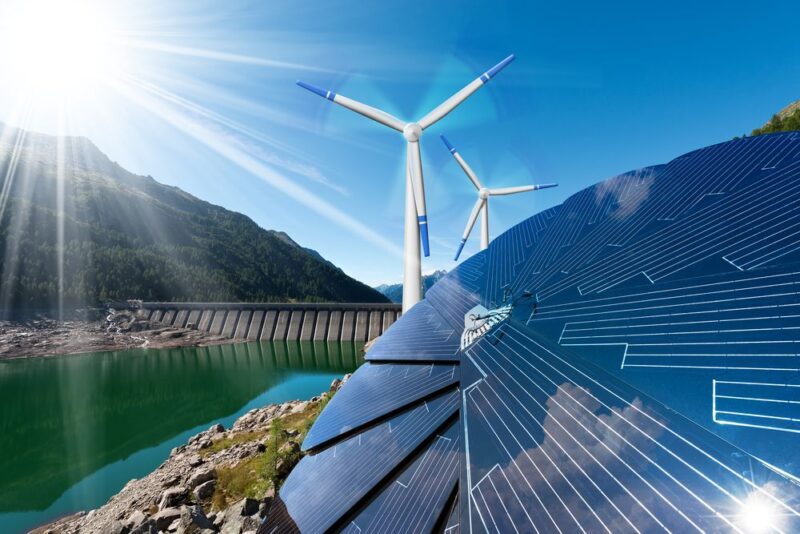Clean energy is now established as the central pillar of electricity production on a global scale. The latest report from the International Renewable Energy Agency (Irena) confirms that renewables, driven by solar and wind, now surpass fossil fuels in competitiveness, and this is sustainable. For Morocco, this global transformation represents a strategic opportunity, but also an urgent challenge to address.
Thanks to continuous decreases in production costs and major innovations in storage and management technologies, renewables are showing impressive economic performance. In 2024, photovoltaic solar energy was on average 41% cheaper than the most competitive fossil solutions, and onshore wind was 53% cheaper. This dynamic has helped avoid nearly $57 billion in fossil fuel expenditures worldwide, according to Irena.
Morocco has been able to capture this trend: the installation costs of solar and wind projects have significantly decreased in recent years. This strengthens the country’s energy sovereignty and reinforces its trajectory towards an electricity mix dominated by clean energies. By 2030, Rabat aims for 52% of renewable energy in electricity production, and 96% by 2050.
However, the success of this transition also depends on overcoming several obstacles. According to Irena, emerging countries like Morocco face rising integration costs: undersized electrical networks, administrative delays, and still poorly optimized local supply chains… These barriers risk compromising the pace of development if structural reforms are not quickly implemented.
Another critical point is financing. In Africa, the average cost of capital for renewable projects still reaches 12%, compared to barely 4% in Europe. This gap makes Moroccan projects more expensive to finance and slows down the entry of investors. To address this, Irena recommends creating more favorable financing mechanisms backed by stable revenue frameworks.
The Kingdom, however, has considerable assets: abundant sunshine, regular winds, a high rate of technological progress, and a strong political will for decarbonization. To convert this potential into sustainable results, it will be necessary to accelerate the modernization of networks, develop efficient storage solutions, and integrate artificial intelligence into the management of energy infrastructures.
While global renewable growth remains robust—with over 580 GW of new capacity installed in 2024—Morocco is at a turning point. The challenge no longer lies in access to technology, but in its effective and sustained implementation. Provided that blockages are removed, the country can establish itself as a regional leader in green energy.


